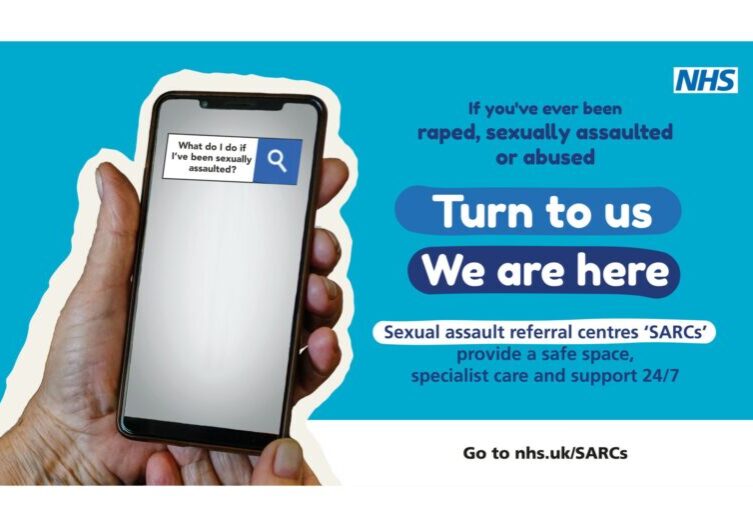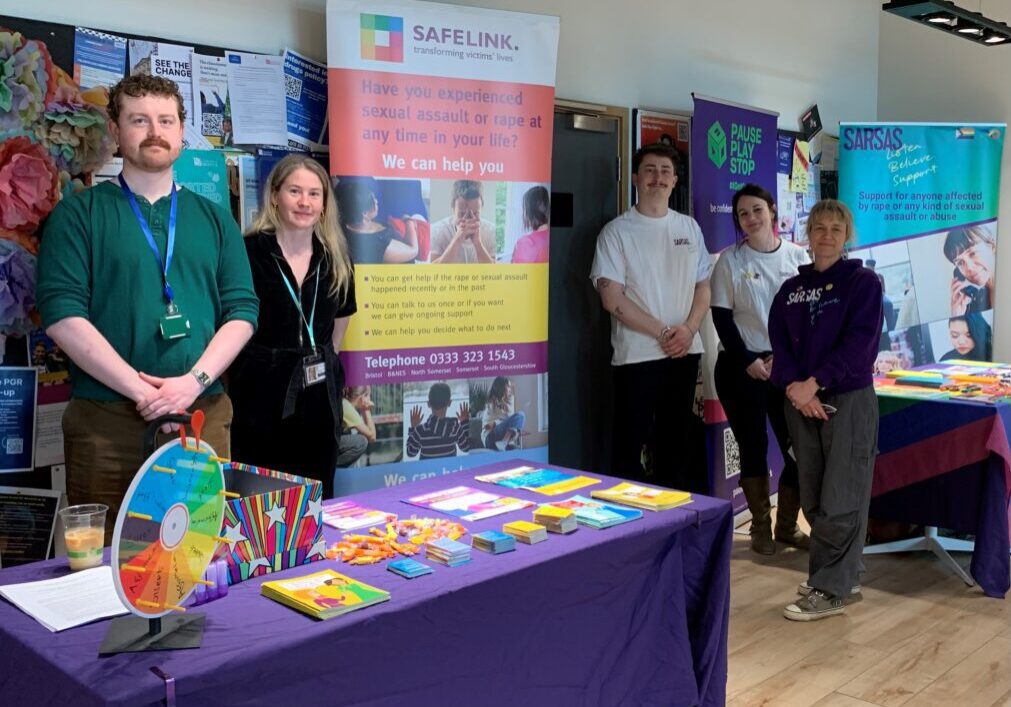
Reclaiming our workplaces – what can we do about sexual harassment at work?
Sexual harassment is an urgent workplace issue. Read about our advice on what you can do in your place of work to help combat sexual harassment.
What is sexual harassment?
The legal definition of sexual harassment is: unwanted conduct of a sexual nature which has the purpose or effect of violating someone’s dignity, or creating an intimidating, hostile, degrading, humiliating or offensive environment for them.
Under sections 40 and 57 of the Equality Act 2010 and the Sex Discrimination (Northern Ireland) Order 1976 As Amended, employers already have a legal duty to protect employees from sexual harassment.
Examples of sexual harassment can include:
- indecent or suggestive remarks?
- questions, jokes, or suggestions about a colleague’s sex life?
- the display of pornography in the workplace?
- the circulation of pornography (by email, for example)?
- unwelcome and inappropriate touching, hugging or kissing?
- requests or demands for sexual favours?
- any unwelcome behaviour of a sexual nature that creates an intimidating, hostile or humiliating working environment.
Despite this legal protection, sexual harassment is not an uncommon experience in the workplace. 1 in 3 women aged 18 to 34 have experienced sexual harassment at work. However, only 20% of women experiencing sexual harassment feel able to report it.
Why is it so common?
Sexual harassment is often just passed off as “boys being boys”, or “just a bit of banter” but, according to the 2016 “Still Just A Bit of Banter?” report, 32% of women have been subjected to unwelcome jokes of a sexual nature. Sexual harassment is clearly wrong but, somehow, it has become normalised in the workplace as behaviour that women should accept.
This isn’t helped by workplaces failing to take sexual harassment seriously. According to a TUC report, about one in five women do report sexual harassment, however, their outcomes are poor: 80% found that nothing changed and 16% said the situation worsened afterwards.
Movement’s such as the “Me Too” movement have been great for raising awareness of sexual harassment and giving confidence to millions of people who felt finally able to speak out about the sexual harassment they’d experienced in the workplace and beyond.
Although movements such as these are a positive step, there is still a long way to go to combat the everyday sexism and harassment that many people face at work. We need better protections so people feel assured that they won’t lose their jobs if they speak out.
What can we do about it?
- Education – By educating the younger generation and raising the standard about acceptable workplace behaviour, they will be less inclined to partake in or put up with sexual harassment. It is also important to educate those around you. If you hear sexist remarks or see inappropriate touching from your friends and colleagues make sure you speak up and explain why this is not ok.
- Business policy – A lack of formal policies implemented by businesses to protect victims of sexual assault is an issue. It’s important that sexual harassment guidelines are detailed clearly in company policy, with no doubt about what behaviour won’t be tolerated in the workplace. You can ask your employer if they have one of these if you haven’t already seen one.
- Employee training – ensuring new employees understand boundaries and acceptable behaviour right from the start is important. They must be aware of how the company policy works and know that there are clear consequences set in place. S109(4) of the Equality Act states an employer is not liable for harassment if the employer has taken “all reasonable steps” to prevent harassment. Employees should know it’s not enough to simply define sexual harassment and say it won’t be tolerated. If you feel comfortable to do so, you could encourage your employer to contact your local specialist organisation to deliver training on sexual harassment and it’s impact to their management teams and employees.
Everyone should feel safe and comfortable in their workplace, and this shouldn’t be deemed a luxury.If you’ve experienced sexual harassment in the workplace and are looking for support, you can get in touch via our helpline on 0808 801 0456 or Live Chat via our website.
The latest from our news and blogs

What is a sexual assault referral centre (SARC)?
A SARC can offer free, confidential medical, practical and emotional support to people who have been raped, sexually abused or assaulted at any point in their lives. They’re usually provided by the NHS, but will always have specially trained doctors, nurses and support workers.




